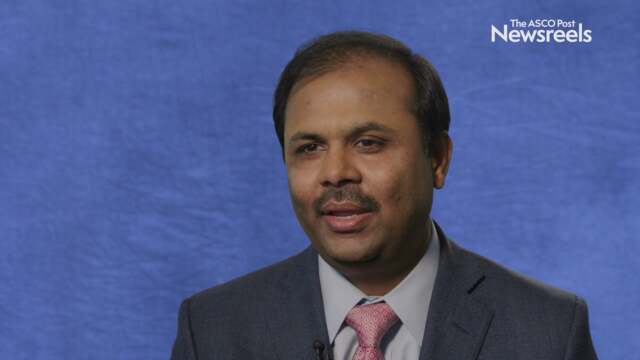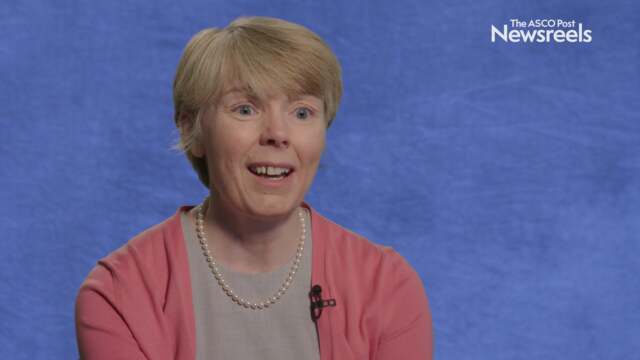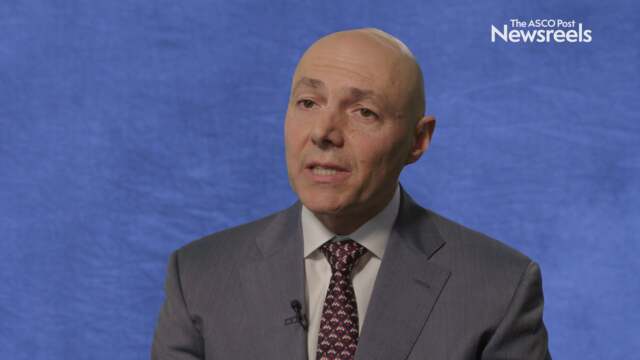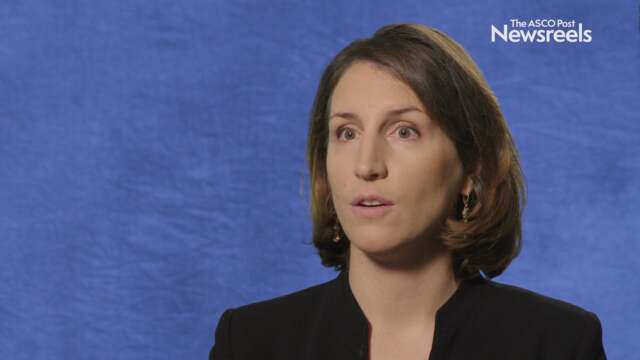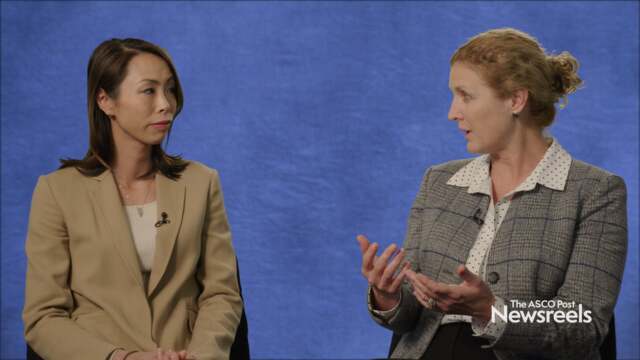Paolo A. Ascierto, MD, on Melanoma: Acute and Chronic Toxicities
ESMO 2018 Congress
Paolo A. Ascierto, MD, of Istituto Nazionale Tumori–Fondazione Pascale, discusses the breakthroughs in melanoma treatment and the challenges of managing toxicities, especially endocrine and neurologic side effects, which can require lifetime hormone replacement and may cause permanent dysfunction.
Suresh S. Ramalingam, MD, of the Emory University School of Medicine, summarizes the top-line lung cancer results reported at this year’s ESMO Congress, including the role of targeted treatment for early stage NSCLC, combining immunotherapy for surgically resectable disease, and immunotherapy for small–cell lung cancer as well as unresectable NSCLC.
Eileen M. O’Reilly, MD, of Memorial Sloan Kettering Cancer Center, discusses the latest information on locoregional and systemic treatments of hepatocellular carcinoma as well as targeted therapy for biliary cancer.
Ezra E.W. Cohen, MD, of the University of California, San Diego, discusses the effectiveness of anti–PD-1 therapy in patients with recurrent head and neck cancer and the studies that might help predict who will benefit, how to combine agents, and ways to reduce long-term toxicity.
Laurence Albiges, MD, PhD, of Gustave Roussy, discusses data from the global, phase III JAVELIN trial that compared axitinib plus avelumab vs sunitinib, which could lead to a new standard of care in renal cell carcinoma (Abstract LBA6_PR).
Lisa A. Carey, MD, of the University of North Carolina, and Sherene Loi, MD, PhD, of the Peter MacCallum Cancer Centre, discuss the phase III IMpassion 130 trial testing the first-line combination of the PD-L1 inhibitor atezolizumab plus nab-paclitaxel in metastatic triple-negative breast cancer (Abstract LBA1_PR).
